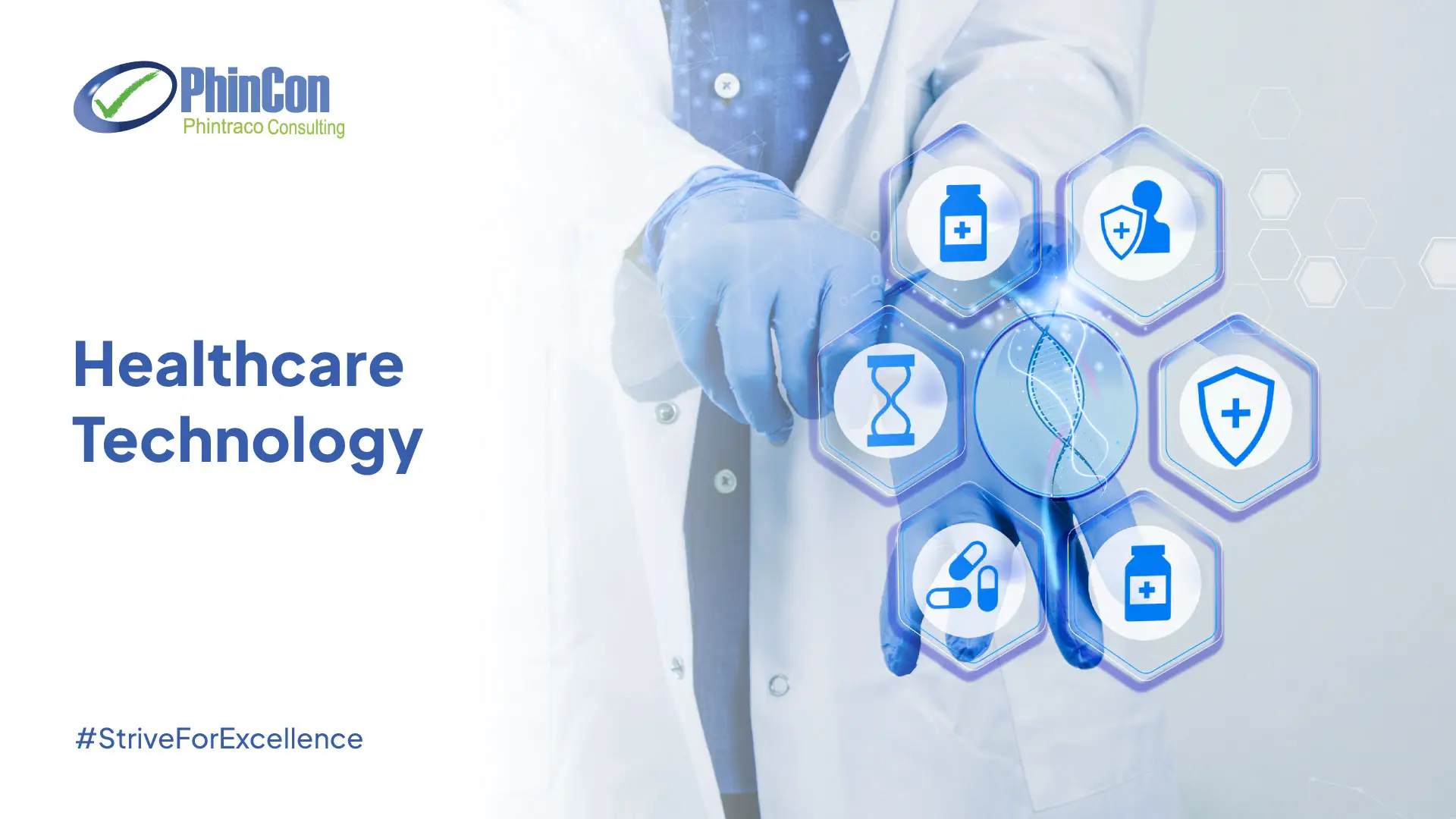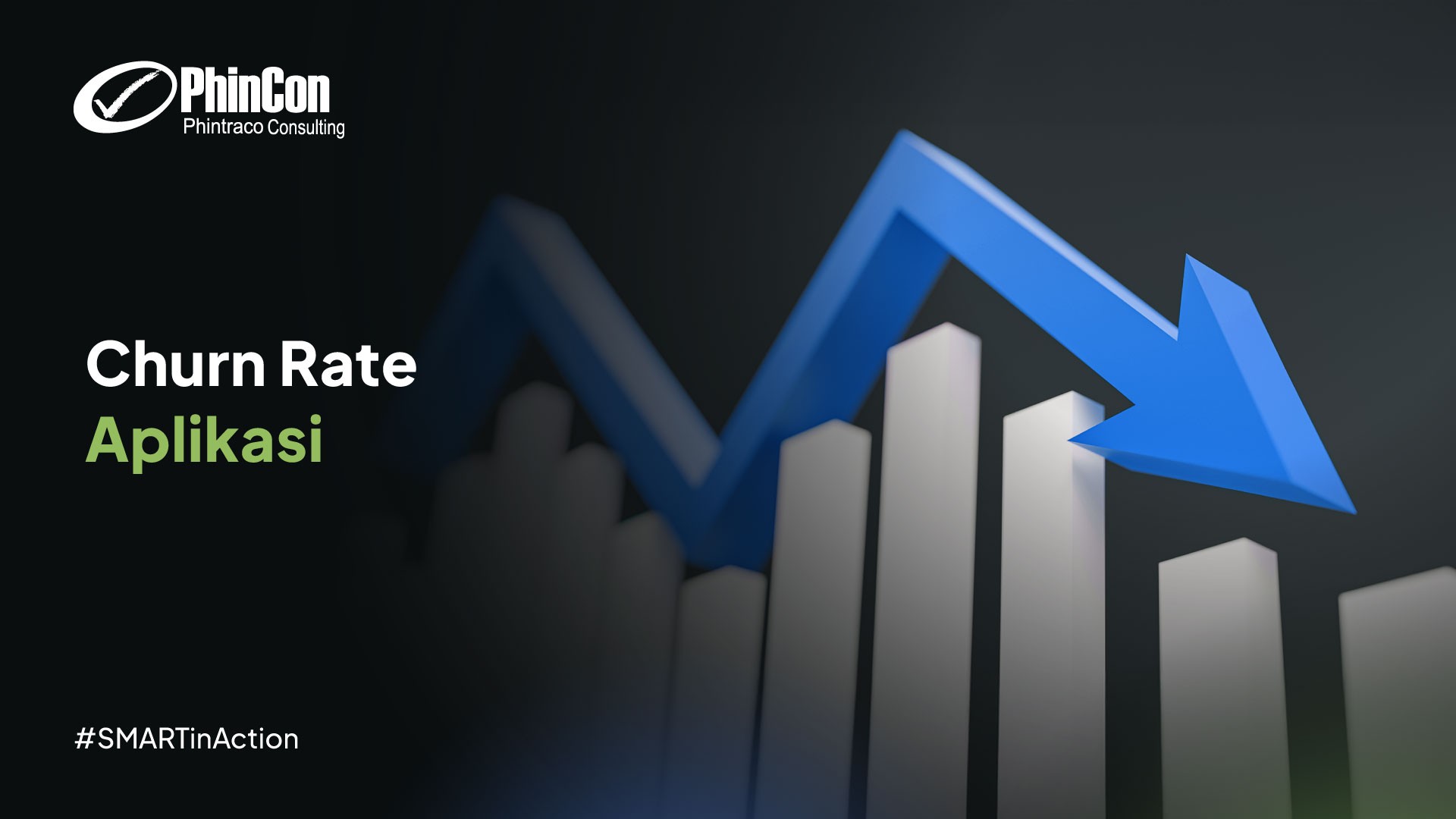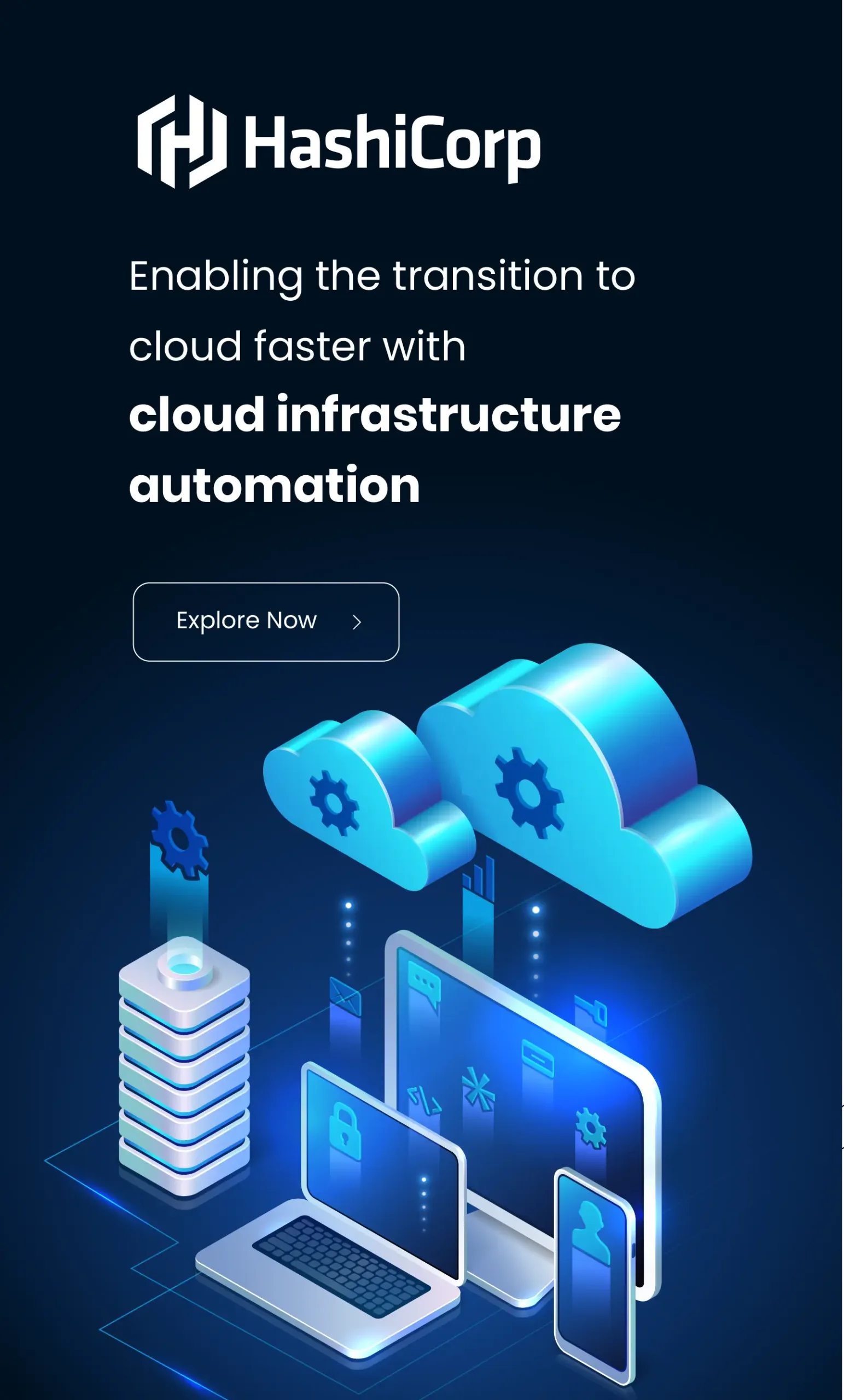Blog and News

Healthcare Technology: Definition, Examples, and Trends in 2025
Healthcare organizations worldwide strive to drive efficiencies, boost productivity, and improve patient outcomes. Along with challenges in healthcare, such as workforce shortages and healthcare inequities, many organizations are looking for ways to tackle these hurdles. Healthcare technology is critical in transforming how medical services are delivered, accessed, and experienced. From advanced diagnostic tools to telemedicine platforms, technology solutions for healthcare are increasingly important to improve efficiency and make healthcare more accessible.
Many are questioning, “Is technology important in healthcare?”. The answer is yes, as technology has become the backbone of modern healthcare systems. Let’s explore what healthcare technology is, examples, and trends to anticipate in 2025.
What is Healthcare Technology?
Healthcare technology refers to a broad range of technologies designed to improve all aspects of the healthcare system. This includes medical devices, medicines, procedures, systems, software, hardware, IT systems, artificial intelligence (AI), and cloud computing, all of which aim to enhance patient care, support healthcare providers, and optimize healthcare organizations.
According to the World Health Organization (WHO), health technology encompasses organized knowledge and skills applied through devices and systems developed to solve health problems and improve quality of life. Integrating modern technologies in healthcare elevates the standard of care and improves operational efficiency, leading to better patient health outcomes.
How Does Technology Benefit Healthcare?
Technology is making healthcare much better in many ways. It helps doctors understand illness more easily, provides better access to healthcare, and even makes treatments specific to each person. Here are several benefits of technology in healthcare:
Real-Time Information Exchange
Healthcare technology makes real-time information exchange possible through digital patient records. Patients’ health data can be standardized and stored securely so that only authorized people can access the records they need when needed. Easy access to patient data facilitates better coordination and faster decision-making by healthcare providers.
Improving Patient Care and Experiences
Wearable devices and remote monitoring technologies allow continuous tracking of vital signs and patient adherence to treatment plans. This primarily benefits elderly or isolated patients by enabling personalized care and timely interventions. Modern healthcare technology also reduces medication and diagnostic errors, enhancing patient safety and reducing preventable deaths.
Expanding Access to Care
Another benefit of technology in healthcare is that it makes healthcare services more accessible to every patient. Technology like telemedicine and portable diagnostic tools helps healthcare providers overcome barriers like distance and mobility issues. This enables patients in remote, underserved areas or during pandemics to receive timely healthcare services.
Increasing Diagnostic Accuracy and Speed
Advanced diagnostic technologies improve the accuracy and speed of identifying illnesses. This allows earlier and more effective treatment for the patient, which is crucial to managing chronic diseases. Better accuracy and speed will reduce medical errors and save more lives.
What are the Examples of Healthcare Technology?
Many healthcare technology innovations are developed to enhance the quality and efficiency of patient care. Here are several examples of technology solutions in healthcare:
Artificial Intelligence (AI) and Machine Learning
AI and machine learning helps analyze large volumes of medical data to identify disease patterns, aid in diagnostics, and personalize treatment plans. It also accelerates clinical documentation and the development of new therapies. For example, AI can interpret brain MRI scans to track neurodegenerative diseases more precisely.
Telehealth
Telehealth uses digital communication tools such as video calls and mobile apps to provide healthcare services remotely. This technology enables patients to consult specialists worldwide, receive home care support, and transmit medical data asynchronously, reducing wait times and making healthcare more accessible to every patient.
Cloud Computing
As healthcare organizations continue to store large volumes of health data, cloud computing is a scalable data storage and data management solution. Cloud computing enables healthcare organizations to build and customize applications to automate how data moves through their systems. It also offers the flexibility to update existing legacy systems and workflows.
Internet of Medical Things
The Internet of Things (IoT) in healthcare, also known as the Internet of Medical Things (IoMT), refers to interconnected medical devices like ingestible sensors, cardiac implants, and smart wearables that transmit patient data securely to healthcare providers. This helps improve care quality and safety through real-time monitoring and communication.
Healthcare Technology Trends to Anticipate in 2025
Technology in health care is moving fast, and 2025 will bring some exciting changes. Here are several key trends that will affect how doctors work and how patients get care in 2025:
Generative AI and Advanced AI Applications
Generative AI will become a significant tool in healthcare, acting as virtual assistants to save time, automate clinical documentation, and support diagnostics. AI will simplify complex diagnostics, improve predictive analytics for early health risk detection, and enable personalized treatment planning. Multimodal large language models (M-LLMs) will be increasingly used in hospitals to enhance clinical decision-making.
Remote Patient Monitoring
Remote monitoring of patients using AI and IoT devices will expand, allowing timely interventions and improving patient quality of life by enabling care outside hospital settings. 5G-enabled medical devices will facilitate real-time data transmission for remote robotic surgery, wearable health monitors, and emergency response equipment.
Expansion of 5G Technology in Healthcare
5G networks will revolutionize healthcare service delivery by providing ultra-fast, low-latency connectivity, enabling innovations such as remote robotic surgeries, augmented reality (AR) for medical training, and cloud-based AI services integration.
Digital Health Platforms and Patient Engagement
Patient portals, mobile apps, and digital health platforms are increasing patient engagement, satisfaction, and adherence to care plans. Gamification and behavioral health technologies are also used to encourage healthy habits and improve patient outcomes. Digital health platforms enable various services, including telemedicine, remote patient monitoring, and AI-driven analytics.
From Screening to Payroll: PhinCon Handles Your IT Staffing for Healthcare Tech Success
At PhinCon, we understand that success in healthcare technology implementation depends on having the right IT talent. Whether expanding your operations to Indonesia or building a remote team, PhinCon Pte Ltd is your trusted partner for innovative and cost-effective solutions through our IT outsourcing solutions.
PhinCon’s IT outsourcing solutions offer access to a wide range of highly-skilled Indonesian IT professionals. We provide IT experts of various roles, including Android Developer, iOS Developer, Fullstack Developer, Golang Developer, Mobile Developer, Quality Assurance, DevOps, Business Analyst, Solution Architect, Project Manager, L2 Operation Support, and more. Beyond recruitment, we also manage payroll, benefits, and taxes, allowing you to focus on growing your business. Leveraging our established infrastructure, we also provide BPO services that optimize customer support functions and reduce operational costs. With PhinCon Pte Ltd by your side, you can scale your healthcare tech strategies with confidence, efficiency, and the peace of mind that your IT staffing is in expert hands.
For more information regarding our IT outsourcing solution, contact us through email sales.sg@phincon.com.
Editor: Trie Ayu Feminin & Irnadia Fardila
Categories
Popular Posts





